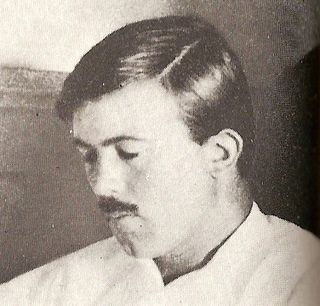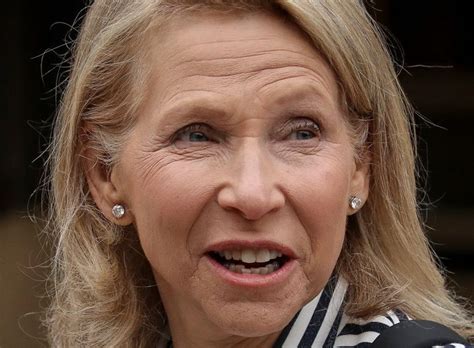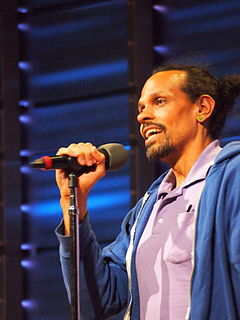A Quote by Charles Bukowski
It’s never quite right, all the things we are taught, all the loves we chase, all the deaths we die, all the lives we live.
Related Quotes
When a plane crashes and some die while others live, a skeptic calls into question God's moral character, saying that he has chosen some to live and others to die on a whim; yet you say it is your moral right to choose whether the child within you should live or die. Does that not sound odd to you? When God decides who should live or die, he is immoral. When you decide who should live or die, it's your moral right.
There's nothing to mourn about death any more than there is to mourn about the growing of a flower. What is terrible is not death but the lives people live or don't live up until their death. They don't honor their own lives ... their minds are full of cotton. They swallow God without thinking, they swallow country without thinking. Soon they forget how to think, they let others think for them.... Most people's deaths are a sham. There's nothing left to die.
In brief, I regard love as a more decisive focus of meaning than death. In terms of Heidegger's argument, this is because I think he misdescribes the importance of the deaths of others and focuses exclusively on my relation to my own death. But, in reality, the deaths of others have a more urgent and immediate impact on our lives than the purely notional knowledge that I too will one day die.
Doing risk sports had taught me another important lesson: never exceed your limits. You push the envelope and you live for those moments when you’re right on the edge, but you don’t go over. You have to be true to yourself; you have to know your strengths and limitations and live within your means. The same is true for a business. The sooner a company tries to be what it is not, the sooner it tries to ‘have it all,’ the sooner it will die.






































